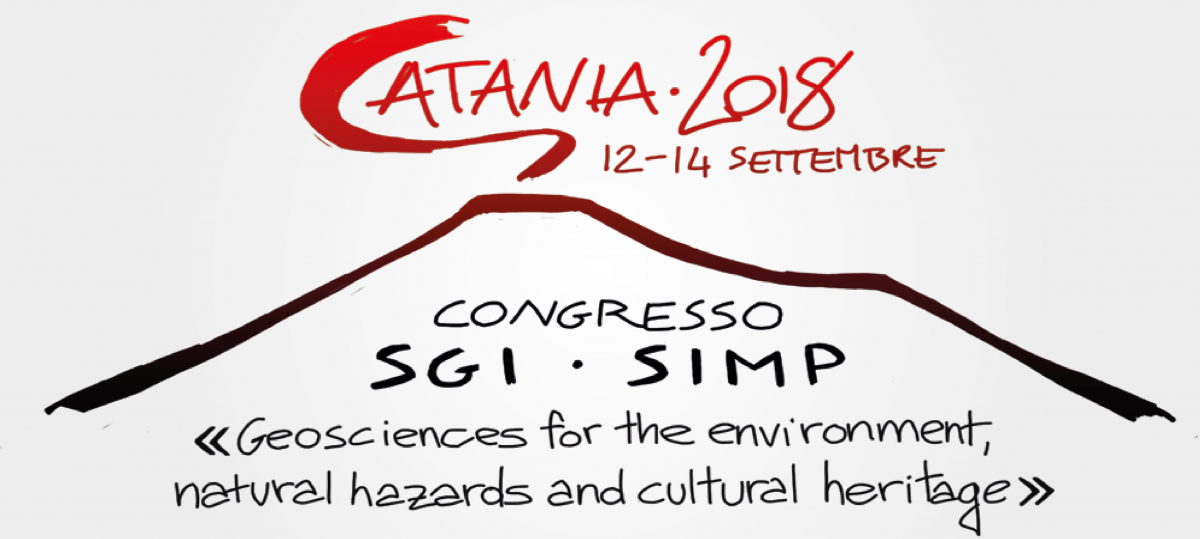the next SGI-SIMP congress will be held in Catania from September 12-14th 2018. We are organizing a session on the "Responses and dynamics of ecosystems to environmental perturbations: from local to global, from short- to long-term" (http://www.sgicatania2018.it/index.php/sessioni/elenco-sessioni-new#P1) sponsored by SPI. We warmly invite you to submit abstracts on any aspect of terrestrial and oceanic ecosystem functioning under stressed conditions in the Phanerozoic and other issues related to Conservation Paleobiology. We look forward to a lively opportunity to discuss the most recent developments in this field of research.
Detailed information on how to submit an abstract can be found at http://www.sgicatania2018.it/index.php/abstracts/info-norme
Check out the conference website at http://www.sgicatania2018.it/index.php for further information about registration, travel grants for students, events, workshops, etc.
The call for abstracts is open until 21st May 2018!
Session P1: Responses and dynamics of ecosystems to environmental perturbations: from local to global, from short- to long-term. Sponsored by SPI (Società Paleontologica Italiana)
Convenors: Giulia Faucher (University of Milan, Italy), Massimo Bernardi (MUSE, Trento, Italy)
Session Summary: The Earth's biological systems have been continuously evolving but causes, dynamics and consequences of changes in the Anthropocene are difficult to ascertain. The limits of resilience of biota to recent environmental changes are unknown, raising the possibility of enhanced biodiversity loss. The relationships among environmental changes, ecosystem dynamics and biodiversity have emerged as a central issue in environmental sciences. However, an enormous gap has separated the world of Environmental scientists who deal with time scales of day to decades, from that of Geoscientists, who think in thousands to millions of years. Understanding of the Earth system at time scales longer than human observations has become imperative because anthropogenic activities are likely to telescope by order of magnitude the rates of climatic change that usually result from geologic processes. The session aims at contributing to the major issue of recent global changes impacting ecosystems: we expect presentations on terrestrial and oceanic examples of ecosystems functioning under stressed conditions in the Phanerozoic and other issues that contribute to the growing discipline of Conservation Paleobiology.
Please share this information with anyone that might be interested in our session and if you have any questions, don't hesitate to contact us.
With best wishes,
Giulia & Massimo

